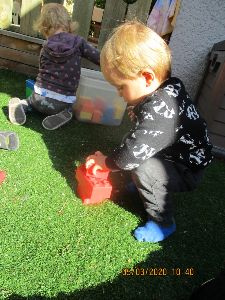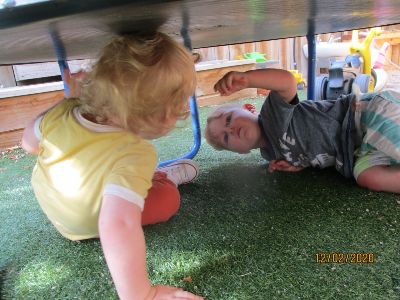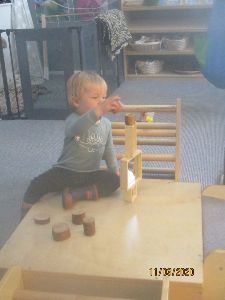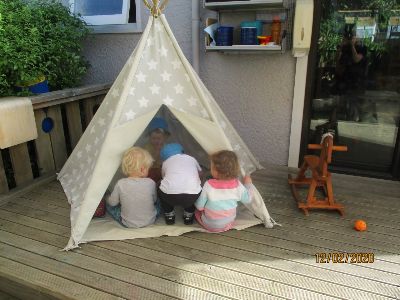LATEST STORIES
Schemas in play
Over the last couple of months in the Koru space at BestStart Alexandra we've been looking at our tamariki's learning through the lens of schemas. This has allowed us to become more aware of what schemas our tamariki are exploring through their play.
Schemas can be described as urges or repetitive actions of children that allow them to explore and engage with their environment. They are characterized by intense concentration, complete absorption, deep enjoyment and persistence during the activity. They show us that this kind of repetitive play is meaningful. They also provide us with a framework for engaging with children to help them maximize their learning.
Some of the common play urges that we may see are:
Transporting
Trajectory
Orientation
Positioning/patterning
Connecting
Enclosing/enveloping
Rotation
Transformation
Posting
Gathering
Constructing
Deconstructing
How can we respond to children’s play urges in a meaningful way?
Children's holistic and uninterrupted free play is the perfect vehicle for developing and strengthening brain connections for our budding scientists to try out their working theories. We make time and space for the children in our settings to have uninterrupted play, free of adult routines and agendas.
Play is interactive and complex learning and allows children to integrate and to test out their play urges across all learning contexts.
Authentic real-life experiences are rich learning opportunities for children. Things like pottering in the garden and helping with food preparation allow children to be immersed in the culture of the setting and give them a sense of how they fit in the world. Everyday life is full of naturally occurring and reoccurring learning opportunities.
Toddlers are active, curious and seeking to make sense of their world. They enjoy testing limits, causes and effects as they develop and define their working theories. Kaiako support them by being attentive to their interests and providing opportunities for both new and repeat learning opportunities. (Te Whāriki, 2017.)






